Reflections from our IMPRS Alumni
|
Antje Stoehr, Marie Skłodowska-Curie Fellow 2020-2021 and postdoctoral researcher at the Basque Center on Cognition, Brain and Language (BCBL) in Donostia-San Sebastián, Spain: |
|
Luis Miguel Rojas-Berscia, postdoctoral research fellow at the Centre of Excellence for the Dynamics of Language (CoEDL), University of Queensland in Brisbane, Australia: |
|
Sara Iacozza, behavioral insight researcher for Digital Attitude in Milan, working from home in Bari, Italy: |
|
Beyza Sümer, lecturer at the University of Amsterdam and research assistant at the MPI in Nijmegen, the Netherlands: |
|
Xiaochen Zheng, postdoctoral researcher at the Motivation and Cognitive Control Lab, Donders Center for Cognitive Neuroimaging, in Nijmegen, the Netherlands: “There is definitely more public awareness for language research. Nowadays, if you are not on Twitter, you are living like a caveman: waking up in the morning, hearing everyone talking excitingly about this awesome brilliant mind-blowing preprint which came out yesterday, and only you are like… “what is that?” So this is your chance to follow my research on twitter (@xwhyzheng)! I am currently investigating the neural and cognitive mechanism of inference in language and action planning, using a combination of functional MRI and computational modelling.” |
|
Gwilym Lockwood, Commercial Transformation Manager at Asda in Leeds, UK: |
|
Jiyoun Choi, assistant professor at Sookmyung Women’s University in Seoul, South-Korea: |
|
Elliott Hoey, post-doctoral researcher at the University of Basel, Switzerland: |
[ back to top ]


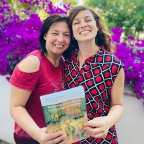
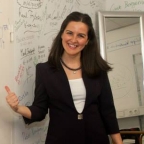
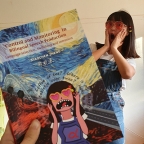
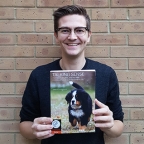


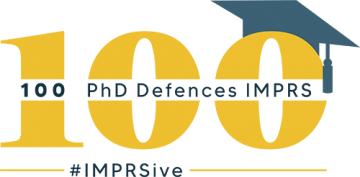
Share this page